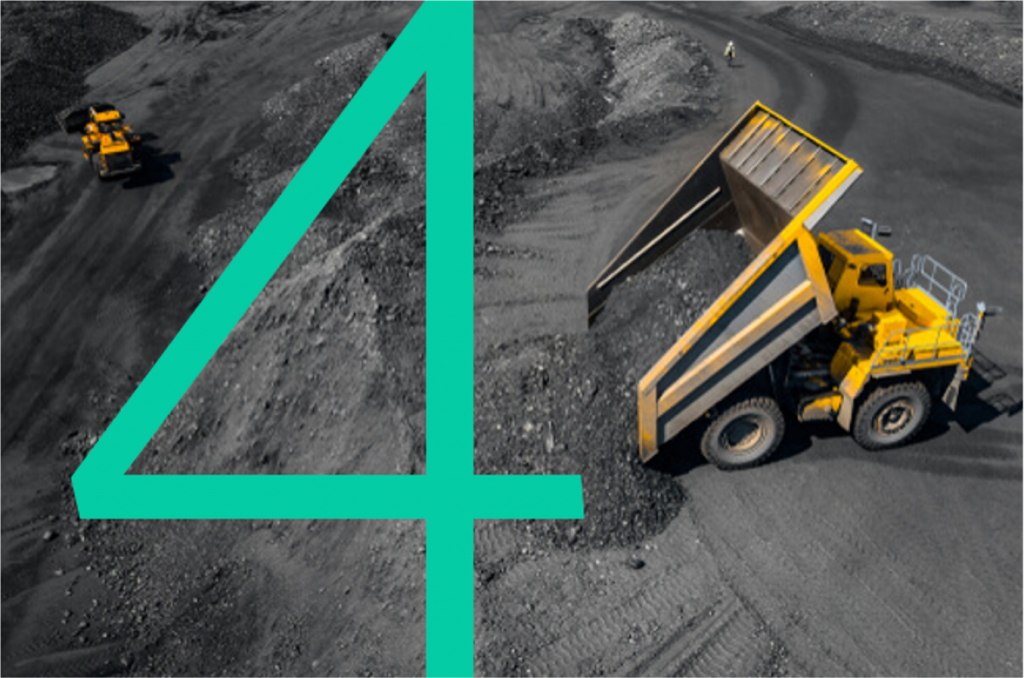Introduction
In June 2021, Swann Group founder, John Murray, presented at the Critical Minerals Association‘s G7 event in Cornwall to discuss the importance of mining to society.
John highlighted six issues facing mining beyond the immediate challenge of the pandemic.
In this series of articles, John expands on his G7 presentation and explores those challenges in more detail. Often, he makes suggestions for how we might address them, based on interviews with some of the mining greats and his own experience in the industry. Sometimes he simply poses questions to provoke thought and discussion for inclusion in a future update.
We’ve gathered these articles in a single publication readers can download from the Swann Group website research page: https://the-swann-group.com/research/
In this fourth article John explores mining’s relationship with nations and the rise of nationalism.
Part 4: The rise of Nationalism
Governments all over the world are seeking to redress historical imbalances. Miners need to recognise that developing countries will increasingly seek to renegotiate agreements to increase their revenues and self-sufficiency.
Exploitation over past decades will need to be addressed. We’ve seen equitable new mining conventions negotiated with governments in Sierra Leone, Mali and the DRC in recent years.
Governments will become more demanding under pressure to appease local demands for better living standards; demands intensified as people use social media to vent their frustration and compare their living standards with their regional counterparts.
At the very least, these governments will expect miners to invest in local processing and refining facilities to keep value-adding processes within their jurisdiction.
Miners will need to consider the balance between the removal, retention and contribution of wealth in their relationship with any country. Governments that focus purely on money will need convincing of the education, employment and infrastructure opportunities mining can bring. Miners that fail to manage expectations or communicate effectively with governments and communities will find themselves facing political difficulties.
Such demands are not restricted to developing counties. For example, when the West Australian Government ran into difficult budgetary problems it demanded significant increases in iron ore royalties from Rio Tinto and BHP.
China First
Firms and nations that have become heavily dependent on China will need to be aware that the country will always be searching for alternative and more economic supplies of iron ore and coal as part of a China First policy.
We can only expect such demands and nationalism to intensify elsewhere.

The shift in the global power paradigm and the subsequent threat to trading routes are prompting nations to secure sourcing of strategically important materials integral to military infrastructure (manganese, vanadium, tungsten). They will achieve this by forging new, unexpected alliances or by sourcing materials domestically.
Seeking equivalence with technology
Mining will always be a strategic priority for any nation-state. As such, we must seek equitable treatment with other, equally impactful industries.
Many big tech companies have turnovers larger than the countries in which they operate. These companies have proved themselves masters at hiding their considerable environmental impact.
I am not suggesting mining copies this sleight of hand. Rather that we need to surface the issue to establish equivalence in any debate about the impact of different industries.
John Murray, Advisor and Founder
In the next article, John considers the lack of diverse thinking in mining.
Image (c) Shutterstock | Ivan Marc


